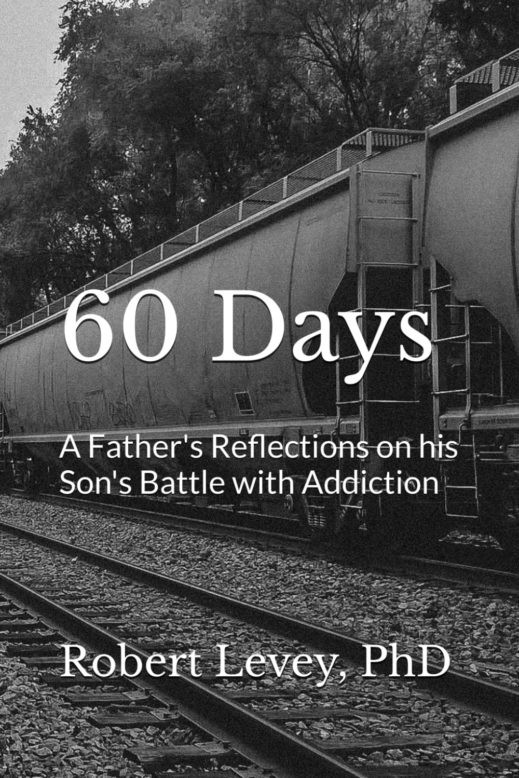As I reflect on my responsibilities as a human being to others, which include people, the more-than-human world, and the planet, I cannot help but question my story. Whose story is this?
Unstorying My Self
Recently, I embarked on Unstorying™ Practitioner Training. Developed by Nicole Miller, PhD, this training teaches a process and practice of self-actualization shadow work grounded in depth psychology, which focuses on exploring the unconscious and subconscious aspects of the mind.
According to proponents of depth psychology, which would include Carl Jung if he were alive, these unconscious and subconscious aspects of the mind drive much of human behavior. To understand human behavior, then, I must look not just within myself, but rather at the narrative arc of how I make meaning out of my own experiences.
The question, ‘Whose story is this?,’ is neither rhetorical nor easily answered by merely pointing the finger at myself (or someone else). Rather, this question invites me to explore myself in relation to the stories I craft when trying to make sense of phenomena.
Unearthing The Self
Dr. Miller uses the term ‘unearthing’ to describe her process of self-inquiry, whereas I might prefer the term, excavate.’ However, our respective characterizations are similar in that we focus on our selves – not the constructed self we often imagine through our stories, but the inside self that remains outside the stories that seemingly captivate us.
Who am I outside of my stories – and are these really ‘my’ stories? These questions are pregnant with assumptions, none of which are truth in the way Western society might present.
Unearthing the self is not so much an effort to re-narrate an individual life’s meaning to reveal a truth. Rather, it is an opportunity to reimagine the self outside the bounds of linearity and cognition. To inquire into the self is therefore not (and not not) anything other than exploration through the catacombs of our respective consciousnesses, which are portals to what exists within (and outside) ourselves.
These ruminations lead me back to my initial reflection, which is to what extent am I responsible to others? Indeed, if my focus is exclusively on my self, how can anything I do have value for others?
From an ecopsychological point of view, the answer may be to widen (and deepen) my concept of self to include identification not just with other humans and society but also with nature and the world itself (Naess, 1987).
When we identify with something larger than ourselves, whether that be our family, a circle of friends, a team, or a community, that becomes part of who we are. There is so much more to us than just a separate self; our connected self is based on recognizing that we are part of many larger circles. (Macy & Johnstone, 2012, p. 90)
If our stories and metaphors (and our responses to them) represent ancient forms of innate human knowledge that exist within the collective unconscious (Jung, 2010), unstorying myself has ethical implications. For whom? Precisely.
In the words of Heinz von Foerster, the Ethical Imperative is to “act always so as to increase the number of choices” (2018, p. 13). And stories.
References
Jung, C. G. (2010). Four archetypes. In G. Adler (Ed.) & R. F. C. Hull (Trans.), Collected works of C. G. Jung (Vol. 9, Part 1, pp. 7–44). Princeton University Press. (Original work published 1969)
Macy, J., & Johnstone, C. (2012). Active hope: How to face the mess we’re in without going crazy. New World Library.
Naess, A. (2005). Self-realization: An ecological approach to being in the world. In A. Drengson (Ed.), The selected works of Arne Naess (Vols. 1–10, pp. 2781–2797). Springer. https://doi.org/10.1007/978-1-4020-4519-6
von Foerster, H. (2003). Understanding understanding: Essays on cybernetics and cognition. Springer.


